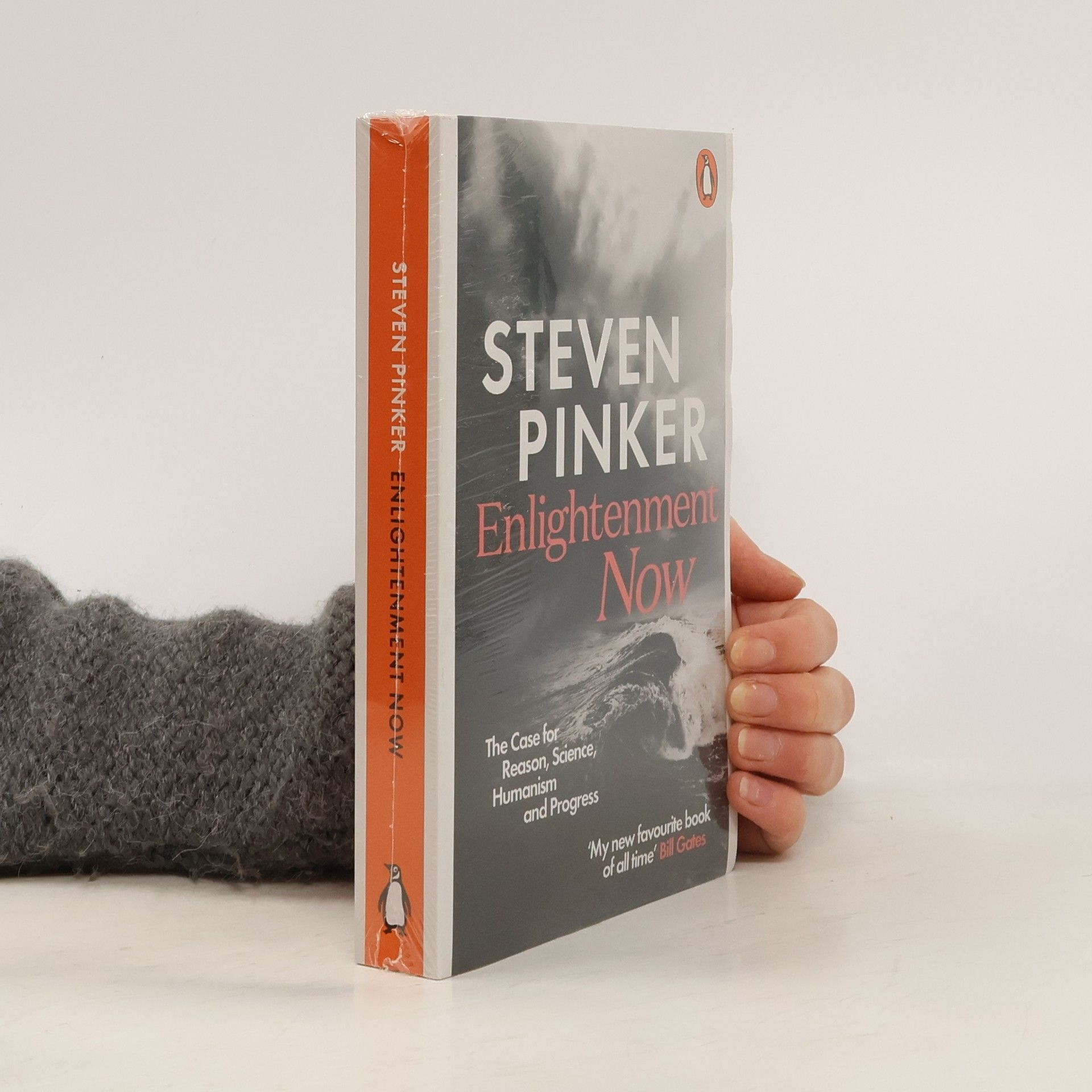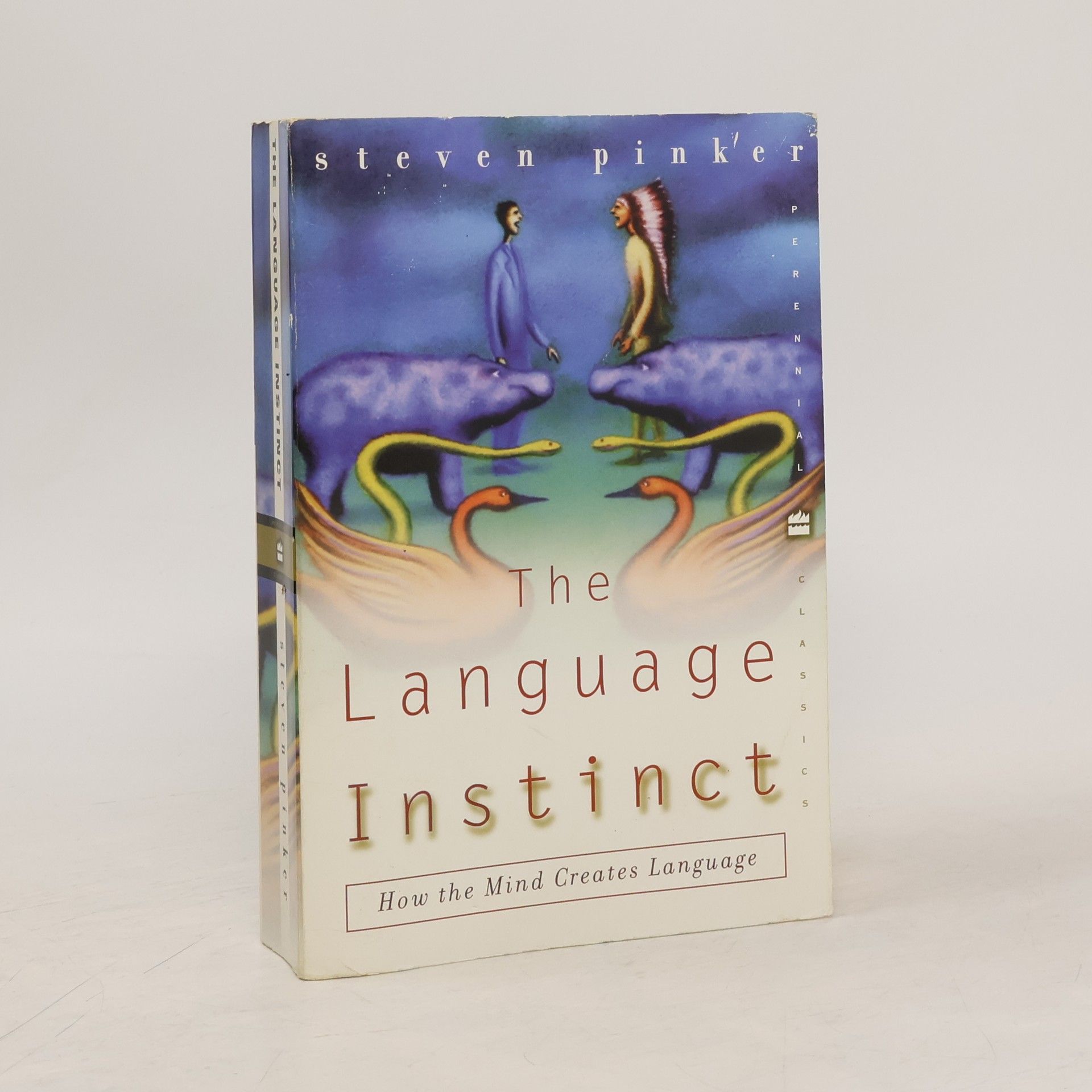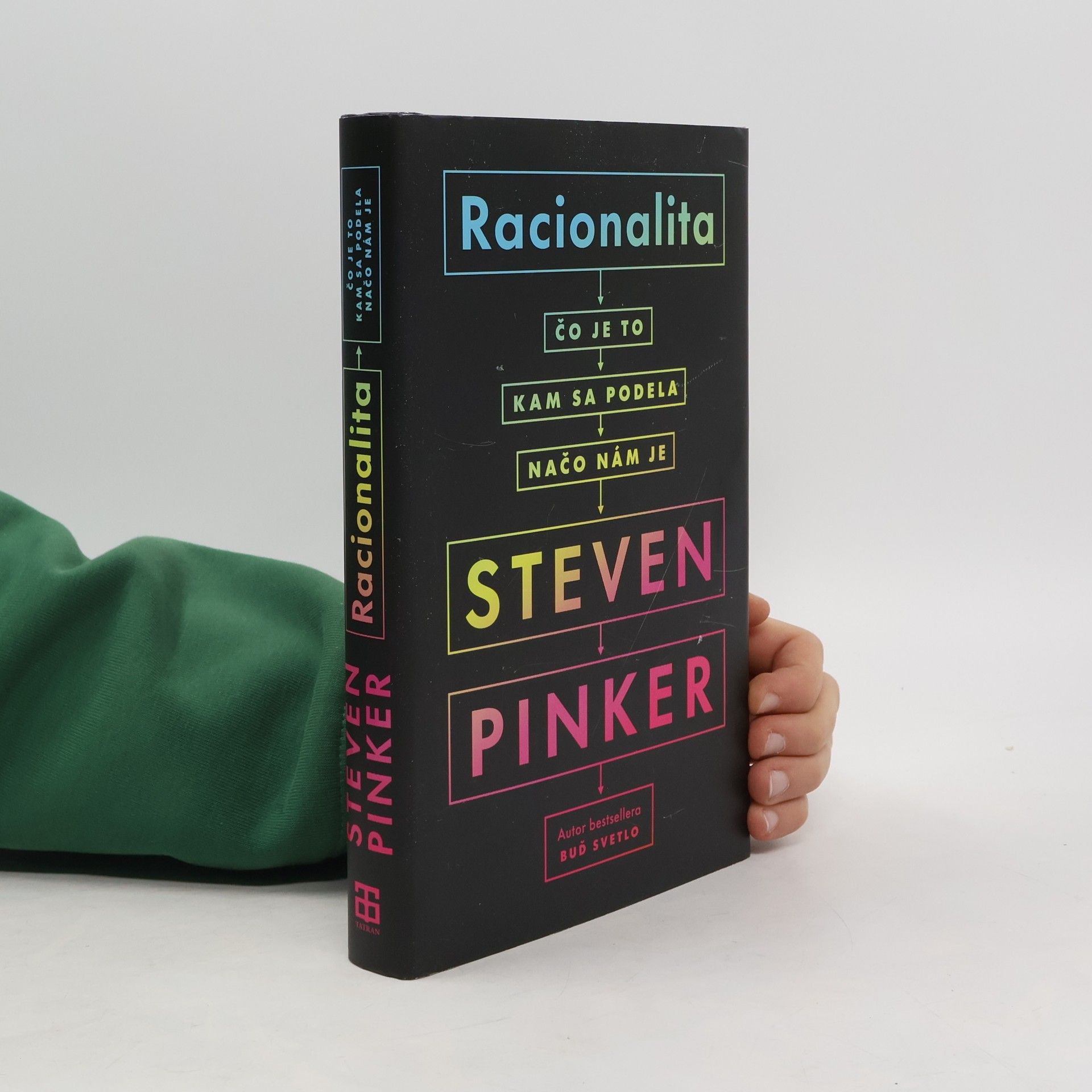Buď svetlo
- 648 stránok
- 23 hodin čítania
Ak vás zaujala Roslingova publikácia Moc faktov, Steven Pinker ho vo svojich záveroch len podporí a doplní. Jeho kniha je plná vášnivého odporu voči pesimizmu a nesúhlasu so zaužívaným pocitom, že moderný svet je odsúdený na zánik. Pinker dôkladne preštudoval vývoj v minulých storočiach a dospel k jednoznačnému záveru, že život sa neustále zlepšuje. Dnes žijeme dlhšie, zdravšie, bezpečnejšie, šťastnejšie, blahobytnejšie a v mieri. Táto kniha je určená pre ľudí, ktorí majú radi argumenty a dáta. So Stevenom Pinkerom by ste sa fakt nechceli pohádať! Ak si myslíte, že sa svet rúti do pekla, táto kniha vás rozhodne vyvedie z omylu. Zistíte, že na tom vôbec nie sme tak zle, ako si myslíme a ako to často prezentujú senzáciechtivé médiá. Ak sa však k moci dostanú populisti a vydržia tam dosť dlho, všetko, čo sme zatiaľ ako ľudstvo dosiahli, môže byť ohrozené. Veda, rozum, humanizmus a pokrok sú základom ľudského blahobytu a treba za ne stoj čo stoj bojovať.










